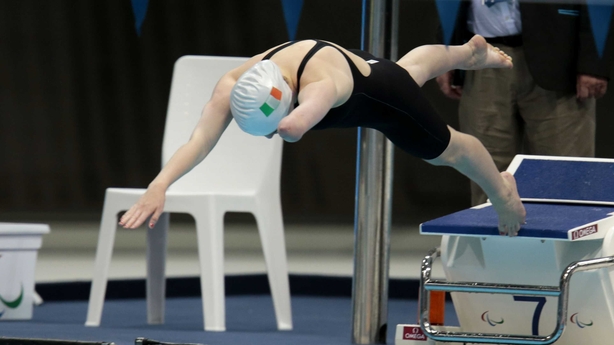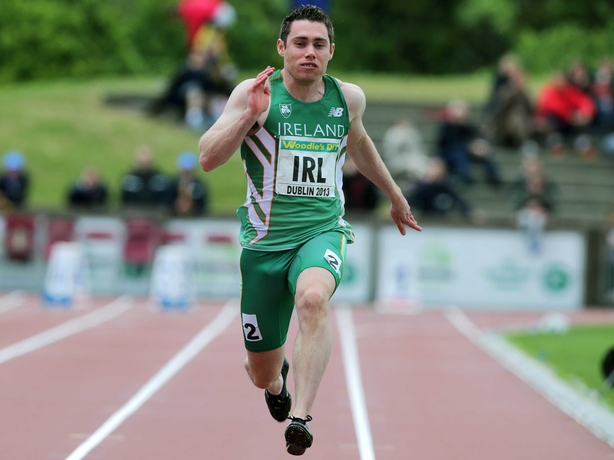By Patrick Flanagan
Throughout these Paralympic Games, we hope to celebrate all our Irish athletes for their sporting achievements - and hopefully medal victories.
They will, rightly, be praised for their countless hours of dedication and hard work, their passion and love of their sports, and, of course, the physical challenges they face and overcome to reach their goals.
You will hear many words used to describe and praise our athletes: heroic, historic, inspirational. But there is one word that has become increasingly used in the context of the Paralympics that might require a conversation between us all – superhuman.
Like any label or name we attribute to a person or people, the use of ‘superhuman’ to describe a Paralympian has an innocent and well-intended origin.
They are undoubtedly super humans, but ‘superhuman'? How about that conversation?
‘Superhuman’ became prevalent across broadcast coverage of the 2012 Paralympics.
There are elements of truth in the use of the term, as every Paralympian has achieved astonishing physical and sporting feats.
These are elite athletes and, for some, elite and super can be interchangeable. But here begins the problem. Are Olympic athletes not also elite?
Are they not be worthy of the 'superhuman' label? They certainly are, however it is applied far more selectively, reserved for the Usain Bolts and Katie Ledeckys of the world.

The obvious question is why? Why are all our Paralympians ‘superhuman’, when only some of our Olympians are?
It may be seen as a recognition of the additional challenges a Paralympic athlete overcomes, but there is a danger that this recognition places an unnecessary emphasis on disability over ability.
After all, every athlete in their event classification has overcome similar challenges.
There are also hints of condescension, of an underlying social bias that would believe that people with physical disabilities cannot achieve or perform as their more 'able' peers do.
‘Superhuman’ may be seen to celebrate, but also compensate for the lack of belief in, the athlete and achievement concerned.

More importantly though, I believe, is that the ‘superhuman’ label places our Paralympians on a very high pedestal, their achievements portrayed as near impossible for others to replicate.
As a result, the potential for us to inspire our next generation may suffer as those who may follow in the path of our current athletes may see the leap as one too great to make.
This is not to belittle or undermine the level of talent and effort that our athletes have demonstrated to be where they are today.
They are undoubtedly super humans, but ‘superhuman'? How about that conversation?
Patrick Flanagan is a former captain of the Irish Powerchair Football team, and works with Muscular Dystrophy Ireland.


